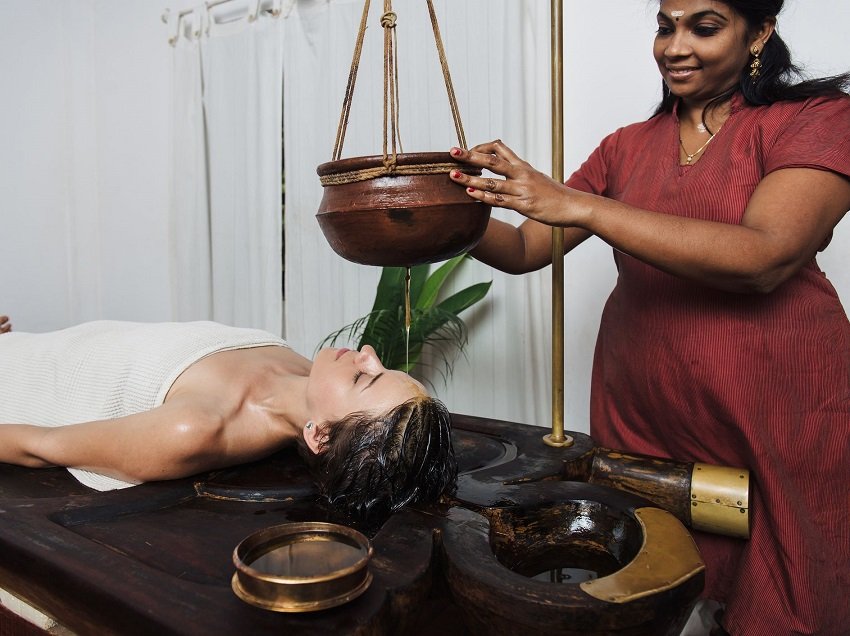Ayurvedic treatment is a traditional system of medicine that originated in India over 5000 years ago. It involves the use of natural remedies, such as herbs, oils, and massage, to promote health and well-being.
Ayurveda views health and wellness as a balance between body, mind, and spirit. It emphasizes the importance of maintaining this balance through proper diet, exercise, and lifestyle choices.
Ayurvedic treatment can address a wide range of conditions, including digestive issues, respiratory problems, skin conditions, anxiety, and depression.
Ayurvedic treatment differs from conventional medicine in its holistic approach to health and well-being. Rather than treating specific symptoms, Ayurveda seeks to address the root cause of the problem.
Some common Ayurvedic treatments include massage, herbal remedies, dietary changes, and yoga.
Panchakarma is a cleansing and rejuvenation program that is a central part of Ayurvedic treatment. It involves a series of therapies, such as massage and herbal steam, to remove toxins from the body and restore balance.
During an Ayurvedic treatment, you can expect to receive personalized care based on your unique needs and constitution. This may involve a combination of therapies, such as massage, herbal remedies, and dietary changes.
When performed by a qualified practitioner, Ayurvedic treatment is generally safe. However, it is important to inform your practitioner of any medical conditions or medications you are taking to ensure that the treatment is appropriate for you.
Yes, Ayurvedic treatment can be combined with conventional medicine. However, it is important to inform your healthcare provider of any Ayurvedic treatments you are receiving to avoid any potential interaction

Professional and individual care by highly experienced and well-skilled Ayurvedic guru's.
Contact Us
Every aspect of your care is coordinated and teams of experts work together to provide exactly the care you need.
Contact Us
We serve healthy & fresh Ayurvedic food that suits your customized treatment plans to stimulate rejuvenation & health.
Contact Us